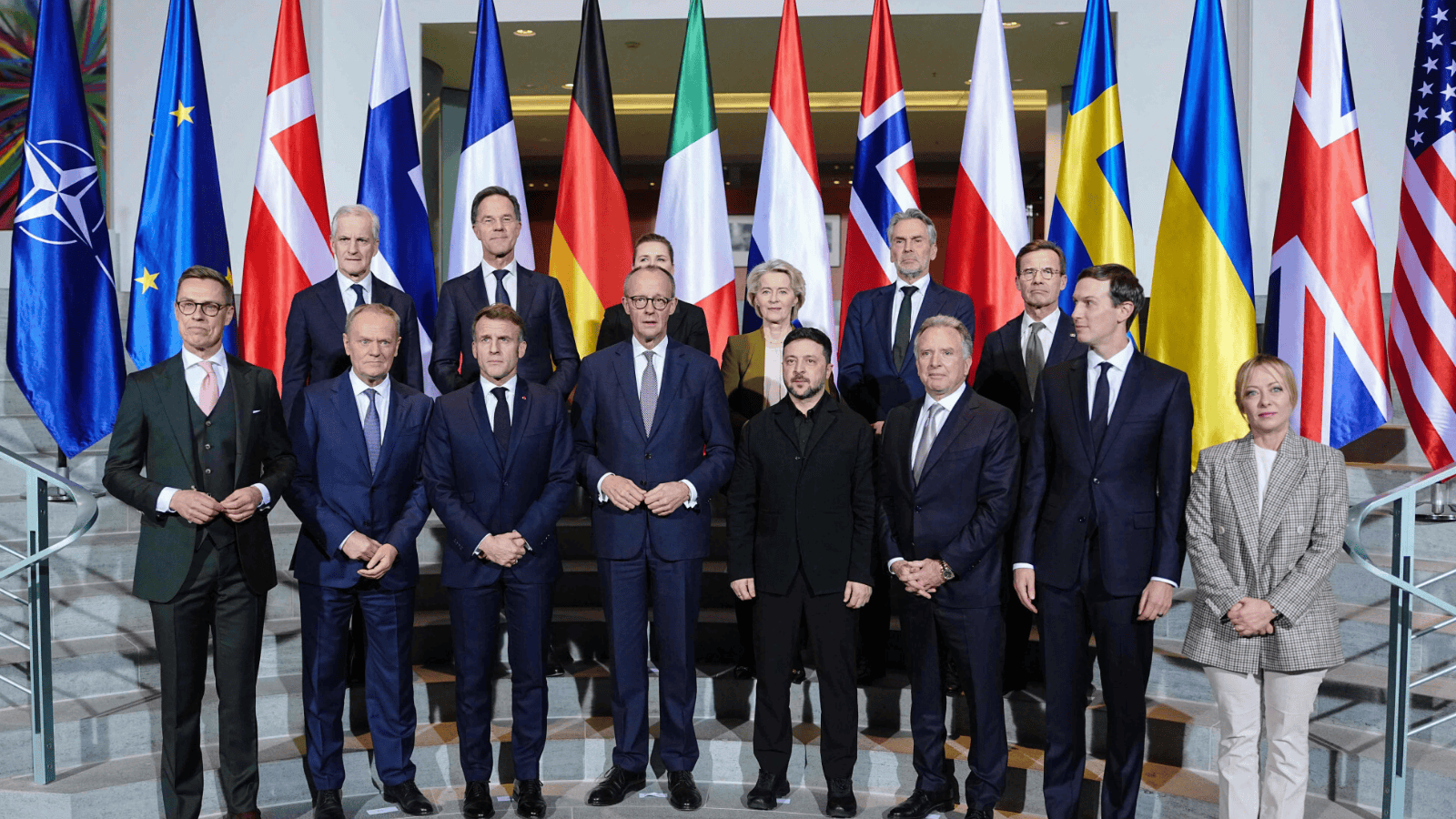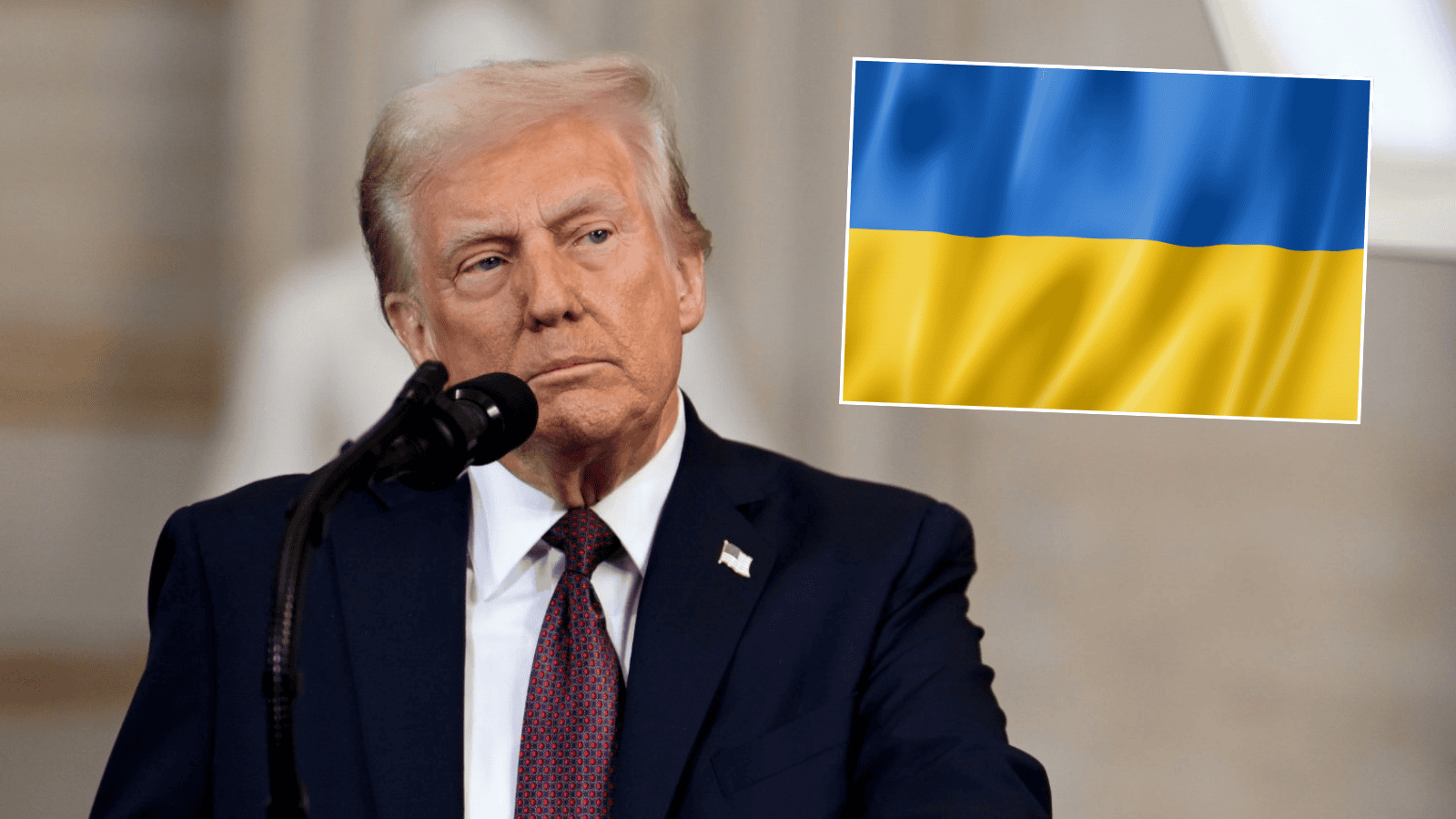
Две горячие войны и подсчёт... ФРС в среду
Питер Чир из Academy Securities
На шаткой земле
Давайте начнем с того, что пожелаем всем счастливого Дня отца, или, в более широком смысле, давайте просто будем помнить о семье и друзьях, поскольку мир принимает поворот к худшему. Две горячие войны. Боевых действий, вероятно, больше, чем только на Украине/России и в Израиле/Иране (и, конечно, в некоторых частях Африки происходит гибель и опустошение), но это то, к чему все обратили внимание.
Академия будет продолжать держать вас в курсе событий на Ближнем Востоке и наших прогнозов (что это может длиться несколько недель, а не дней) через наш геополитический анализ. Если у вас нет доступа к нашей полной истории отчетов SITREP и Macro Strategy Reports, пожалуйста, свяжитесь с вашим контактом в Академии.
Последним СИТРЕП был вечер пятницы — «Иран начинает ракетные удары по Израилю. "
Сегодня, чтобы не наводнить вас посланиями из Академии, мы будем держать это в себе, так как у нас, безусловно, будет больше SITREPS в ближайшие дни и планируем вебинар на вторник.
Макро за минуту
В минувшие выходные мы подвели итоги нынешней ситуации в стране.
Мы продолжили работу в середине недели, опередив аукционы, с целью продолжения увеличения продолжительности. Мы предположили, что аукционы будут сильными, и они были.
Торговля ставками была сорвана где-то в середине вечера четверга, когда глобальная доходность перешла от торговли как «полет к безопасности», чтобы увидеть риск более высоких цен на энергоносители и большего дефицита из-за военных расходов. Мы ожидали, что они будут торговать в случае новой войны, но мы просто пропустили время эскалации.
В конце пятницы мы подтвердили нашу бычью позицию в отношении казначейских облигаций и ожидания того, что продолжающийся конфликт (где мы сейчас находимся) ударит по торговле «безопасностью».
Фед
Решение ФРС выйдет в средуВ преддверии июньского праздника.
Когда я поднимаю функцию Bloomberg WIRP (вероятность мировых процентных ставок), я вижу, что полное снижение не оценивается до октября (86% в сентябре). Рынок оценивает ровно в два сокращения за год.
Мы продолжаем учитывать сроки и количество сокращений.
- Инфляция сдерживалась.
- Что еще более важно, при нынешних тарифных ставках (назовем это 10% с остальным миром), будет некоторое инфляционное давление, но им потребуется время, чтобы кровоточить в экономику.
- Многие даже задаются вопросом, перейдут ли они когда-нибудь на цены. Наш базовый пример заключается в том, что они проникают в экономику, но медленно, поскольку требуется время, чтобы передать рост цен, и многие будут ждать, чтобы увидеть, как это будет происходить, прежде чем даже пытаться, и да, экспортеры столкнутся с некоторым давлением, чтобы снизить цены, что в замедляющейся глобальной экономике они, вероятно, сделают.
- Тарифная политика США может измениться на копейки Но скорее всего, будет больше пауз, и мы сможем справиться с этим (в отношении инфляции).
- Наше мнение включает в себя риск того, что тарифы несколько замедлят экономику. Это также ослабляет потенциал инфляции.
- Помимо номера NFP в заголовкеТрудно найти другие признаки экономической мощи. Да, мы при условии реакции на опубликованный номер заголовка. Кого волнует пересмотр? Ужасный опрос домохозяйств? Тот факт, что показатели ответов ужасны – даже по «восхищенному» опросу истеблишмента? Кого волнует, что ADP (предположительно с некоторым доступом в режиме реального времени) не видит таких рабочих мест? Несмотря на то, что в течение некоторого времени мы «злокачествляли» корректировку рождаемости и смерти, все больше и больше людей делают серьезную работу над этим. Это контрастирует с нашим подходом «пальца в воздухе», который приходит к аналогичным выводам — модель «Рождение/Смерть» не поспевает за изменением мира труда (особенно экономики GIG). Похоже, что JOLTS не сигнализирует о росте занятости? И давайте не будем забывать о масштабном пересмотре.
- ФРС почти наверняка признает охлаждение рынка труда.
- Нефть является "временной". "
- Опасения, что ФРС будет осторожна в сокращении, потому что нефть растет (из-за войны), кажутся очень неуместными.
- Нефть в Федспике — это временное определение (они постоянно говорят о том, чтобы посмотреть на цены на нефть и сосредоточиться на рынке труда). У нас есть еда и энергия по какой-то причине.
- Казалось бы, из природы Пауэлла не признавать, что да, у нас сейчас более высокие цены на нефть, но также и более высокая неопределенность в мировой экономике.
- Опасения, что ФРС будет осторожна в сокращении, потому что нефть растет (из-за войны), кажутся очень неуместными.
Может быть, пресс-конференция не поставит на стол июль, но это ставка, которая нам нравится!
Это также снимет некоторое давление с администрации. Не то, чтобы ФРС была политической, а нарратив, с которым они сталкиваются: более слабые рабочие места, управляемые тарифы. Более слабый доллар, несмотря на сокращение других центральных банков, должен дать ФРС боеприпасы для «разбалансировки» рисков и, по крайней мере, намекнуть рынкам, что они склоняются к сокращению.
Несмотря на то, что июль не может быть оценен на этой неделе. достаточно места для кривой цены в большем количестве сокращений, раньше.
Теперь, когда процентные расходы составляют такую большую часть наших расходов, любое движение вперед в сокращении должно помочь в долгосрочной перспективе, поскольку это может уменьшить дефицит. Это настолько противоречит тому, как меня учили думать, что писать почти больно, но у нас никогда раньше не было процентных расходов, как такой большой части годового дефицита.
Оставайтесь оптимистами на облигациях на этой неделе, между войной и ФРС.
сделки
В частности, фондовый рынок, похоже, ищет больше «сделок». Что мы ратифицируем то, что "согласовано" с Китаем и т.д. Статус-кво «больше пауз» не плох, но это, или лучше, уже оценивается в акции.
Ожидайте замедления потенциального объявления сделок.
- Администрация полагается на горстку людей для проведения политики.. Возможно, за кулисами многое происходит, но эта администрация (даже больше, чем некоторые другие), похоже, в значительной степени полагается на переговоры на высоком уровне. Не похоже, что команды «рабочих пчел» отправляются на переговоры о сделке, которая затем утверждается старшими советниками. Или, может быть, настроено, но основная часть работы по-прежнему выполняется относительно молодыми людьми. Практический подход, в котором часто участвует президент Трамп, является одним из столпов, которые, по мнению администрации, делают их успешными. Горстке советников будет трудно сосредоточиться на стольких сделках, поскольку эта эскалация произошла, и они движутся в нескольких направлениях. Это риск такого рода стратегии (и, возможно, почему так много хоккейных команд со звездными игроками преуспевают в регулярном сезоне, но исчезают в плей-офф - я думаю о Лифах, но я уверен, что у многих болельщиков есть подобные мысли).
- Трудно утверждать, что США выигрывают много сделок.. Если бы США выигрывали переговоры после переговоров, другим было бы легко встать в очередь. Успех порождает успех. Хотя я думаю, что администрация «развернулась» от катастрофических тарифов ко Дню освобождения, вы также можете понять, почему некоторые (многие) люди говорят о торговле TACO. Хотя это в очередной раз вбило мне в голову фразу «Тако, тако, я хочу быть тако», я думаю, что это, по крайней мере, несколько несправедливо. Он пытался, люди не реагировали так, как он ожидал, и он избегал цепляться за потенциально катастрофическую политику. Сказав это:
- Никакого мира в России и Украине. В то время как «24 часа» были гиперболой, это уже давно прошло. Вероятно, что более важно, «план» давления на Украину и питания Путина, похоже, меняет курс.
- Иран. Продолжается, и уже обострился за пределы того, где он был, вместо того, чтобы быстро двигаться к стадии сделки.
- Торговая сделка с Великобританией. Пока что это так. Несколько расплывчато, некоторые обещают купить вещи, которые они уже, вероятно, купят, и не в верхней части списка большинства людей 5 наиболее важных торговых контрагентов.
- Китай. Главное, на что мы можем надеяться, это то, что осознание того, что нам нужно совершенствовать и обрабатывать редкоземельные и критически важные минералы, наконец-то пришло в голову! Если это может привести к тому, что «Национальное производство для национальной безопасности» станет основным предметом обсуждения (и предметом действий в ближайшие месяцы), это будет здорово для рынков и кажется очевидным и абсолютно необходимым.
Я очень обеспокоен тем, что сделки займут больше времени, и это может разочаровать акции.
Стремление к ускорению национального производства для национальной безопасности было бы отлично для рынков. (Мы считаем, что это было бы более эффективно с привлечением близких союзников, но это может быть слишком большим шагом для этого администратора, чтобы развернуться, пока).
Нижняя линия
Если можно одновременно любить энергетику (и акции, связанные с сырьевыми товарами) и облигации, то это наша позиция.
Звучит странно, но мы думаем, что слияние событий поддерживает и то, и другое (более удобно для акций и кредитных спредов, чем сами товары).
Риск эскалации и возможность увидеть сделки, «отложенные» или «отложенные» по разным причинам, могут повлиять на акции, хотя голубиная ФРС может компенсировать это (мне не нравится эта концепция, но она разыгрывается снова и снова).
Наслаждайтесь временем с друзьями, семьей и коллегами, и это нормально, чтобы связаться и позвонить кому-то, даже если это не их «день». Хотя позвонить своим родителям сегодня неплохая идея!
Тайлер Дерден
Солнце, 06/15/2025 - 16:20








